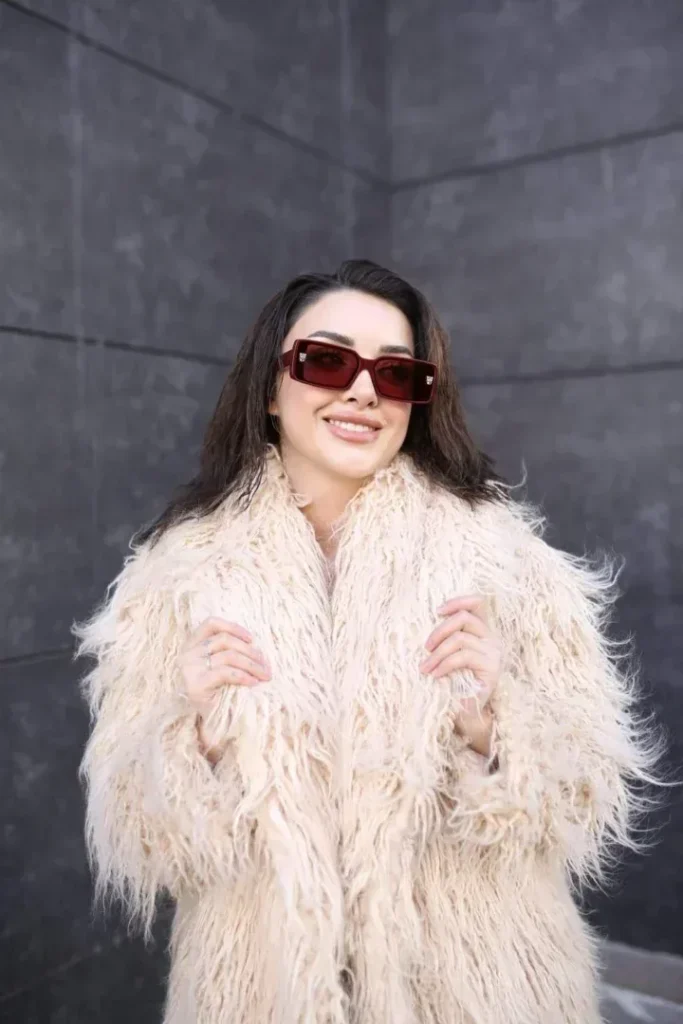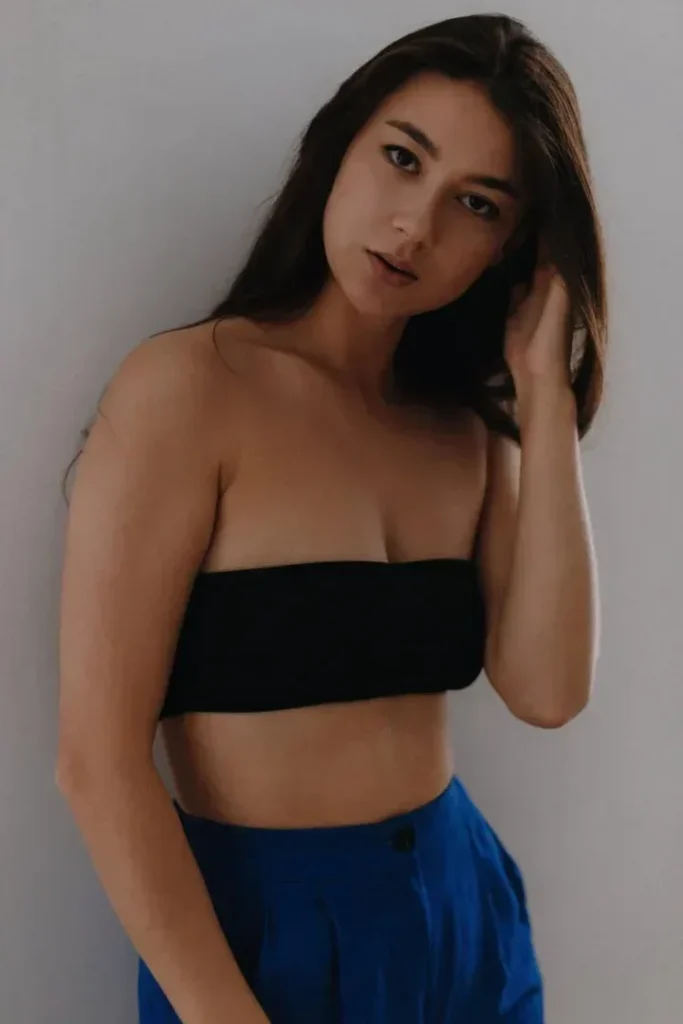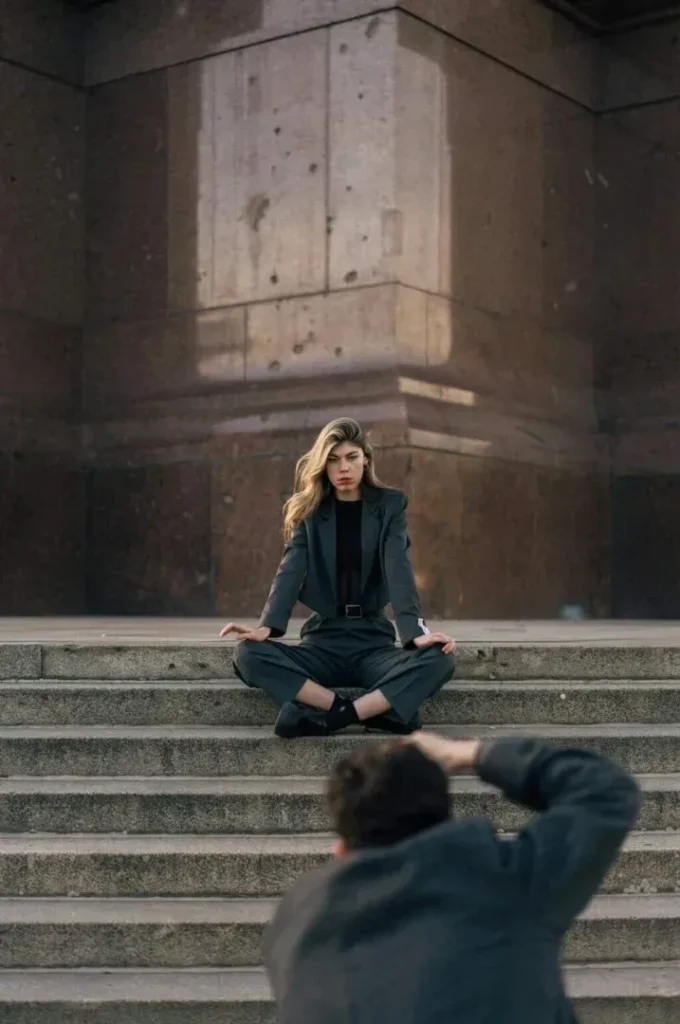So, you’re probably wondering about the whole retro trend. You see people wearing vintage clothing, listening to old records, and even rocking those classic hairstyles. But here’s the thing: is retro more about the 70s or the 80s? It’s a question that’s been debated among fashion enthusiasts and music lovers alike. In this article, we’ll take a closer look at the defining elements of both decades and try to figure out where this retro craze truly belongs. Buckle up, because we’re about to embark on a journey through time.

This image is property of images.pexels.com.
Defining Retro
Retro is a term that refers to something from the past that has experienced a resurgence in popularity and relevance in the present. It is a celebration of nostalgia and a longing for a bygone era. The term “retro” can encompass a wide range of periods and styles, but in this article, we will primarily focus on the 70s and 80s as two distinct retro eras.
Aspects constituting the ‘Retro’ Concept
The ‘retro’ concept is defined by several key aspects. Firstly, it involves a look back at a specific era, examining the cultural, artistic, and fashion trends that characterized that time. Retro also includes a sense of appreciation and nostalgia for the past, as well as a desire to recreate or reinterpret these elements in a modern context. It is a way of paying homage to the past while adding a contemporary twist.
Periods considered as Retro
While retro can encompass any past era, there are certain periods that are often associated with the term. The 70s and 80s, in particular, have become synonymous with retro. These decades were characterized by unique cultural movements, fashion trends, and music styles that continue to inspire and captivate people to this day. Therefore, in this article, we will delve into the retro concepts of both the 70s and 80s.
Understanding the Concept of 70s Retro
The 70s was a decade that witnessed significant cultural shifts and influential movements. It was a time of self-expression, liberation, and experimentation. From the music to the fashion, the 70s left an indelible mark on popular culture.
Pop Culture Influence in the 70s
Pop culture in the 70s was defined by iconic television shows such as “Happy Days” and “Charlie’s Angels,” which celebrated nostalgia for previous decades. It was also the era of blockbuster movies like “Jaws” and “Star Wars,” which captivated audiences and set new standards for cinematic excellence.
Fashion trends of the 70s
The fashion trends of the 70s were a reflection of the vibrant, free-spirited attitude of the era. Bell-bottom jeans, platform shoes, and psychedelic prints dominated the fashion scene. Disco fashion, with its glitter, sequins, and flashy colors, was also a defining aspect of 70s style.
Music styles of the 70s
The 70s witnessed the rise of various music genres that still resonate with audiences today. Disco took center stage with artists like Donna Summer and the Bee Gees dominating the charts. Rock and roll saw the emergence of influential bands like Led Zeppelin, Queen, and Pink Floyd, who pushed boundaries and redefined the genre.
Key Features of the 70s Era
The 70s era was characterized by some distinct features that made it stand out from other decades.
Iconic Trends of the 70s
The 70s was synonymous with iconic trends such as flared pants, platform shoes, and tie-dye. These fashion choices became staples of the era’s vibrant and expressive style. Additionally, disco dancing and the iconic Saturday Night Fever moves became a cultural phenomenon, forever associated with the 70s.
Influential Personalities of the Decade
The 70s introduced the world to influential personalities who shaped the cultural landscape. Musical figures like David Bowie, Stevie Wonder, and Aretha Franklin made timeless contributions to the music industry. In film, actors like Al Pacino and Robert De Niro starred in groundbreaking movies that pushed boundaries and redefined the art of acting.
70s Retro Revival in Today’s Era
In recent years, there has been an undeniable resurgence of the 70s retro aesthetic. Various aspects of the decade, from fashion to music, have found their way back into the mainstream.
Modern Adaptations of 70s Fashion
70s fashion has experienced a revival in the modern era, with the return of bell-bottom jeans, flowy maxi dresses, and bold, psychedelic prints. Designers have drawn inspiration from the era’s unique style, infusing it with contemporary elements to create a fresh interpretation of 70s fashion.
70s Inspired Music and Arts
The influence of 70s music can be seen in the resurgence of disco-infused tracks and the popularity of artists who draw inspiration from the era. Additionally, in the world of visual arts, artists incorporate elements of 70s aesthetics into their work, paying tribute to the unique artistic expressions of the time.

This image is property of images.pexels.com.
Understanding the Concept of 80s Retro
The 80s was a decade characterized by its vibrant, larger-than-life culture. It was a time of excess, where music, fashion, and popular culture embraced a bold and unapologetic attitude.
Pop Culture Influence in the 80s
Pop culture in the 80s was defined by the emergence of MTV, which brought music videos into the mainstream. It was also the era of iconic movies like “The Breakfast Club” and “Back to the Future,” which resonated with audiences on a global scale.
Fashion trends of the 80s
The fashion trends of the 80s were bold, daring, and unapologetic. Shoulder pads, neon colors, and leg warmers were ubiquitous, reflecting the era’s emphasis on individuality and self-expression. The punk and new wave movements also influenced the fashion scene, with their edgy, rebellious style.
Music Styles of the 80s
The 80s witnessed the rise of diverse music genres that left an indelible mark on popular culture. From the energetic pop anthems of Madonna and Michael Jackson to the rebellious sounds of punk rock and heavy metal, the 80s showcased an incredibly diverse musical landscape.
Key Features of the 80s Era
The 80s era was defined by its distinctive features that continue to captivate audiences today.
Iconic Trends of the 80s
The 80s brought us iconic trends such as leg warmers, oversized shoulder pads, and chunky plastic jewelry. The era’s fashion choices were a reflection of its bold, unapologetic attitude, and its influence can still be seen in the quirky fashion choices of the present.
Influential Personalities of the Decade
The 80s introduced the world to influential personalities who pushed boundaries and reshaped their respective industries. Icons like Madonna, Prince, and Michael Jackson revolutionized the music scene with their unique styles and groundbreaking performances. In film, actors like Tom Cruise and Arnold Schwarzenegger became household names and starred in influential movies that defined the decade.

This image is property of images.pexels.com.
80s Retro Revival in Today’s Era
Similar to the 70s, the 80s retro aesthetic has experienced a revival in recent years, capturing the imagination of a new generation.
Modern Adaptations of 80s Fashion
The bold and daring fashion choices of the 80s have made a comeback in the modern era. Neon colors and oversized silhouettes have once again become popular, with designers embracing the maximalist approach of the era and giving it a fresh twist.
80s Inspired Music and Arts
The 80s music revival has brought back the infectious sounds of synth-pop and hair metal, with artists incorporating elements of the decade’s music into their own creations. The distinctive aesthetic of the era has also influenced contemporary artists and designers, who pay homage to the 80s through their work.
How the 70s and 80s Retro Differ
While both the 70s and 80s are considered retro eras, they have distinct characteristics that set them apart from each other.
Comparing 70s and 80s Fashion
The 70s fashion was marked by a bohemian, free-spirited style, with flowing fabrics and psychedelic patterns. In contrast, the 80s embraced a bold, flamboyant aesthetic, with neon colors, oversized silhouettes, and bold accessories. While the 70s focused on natural and earthy tones, the 80s celebrated vibrant and electric hues.
Different Music Styles
The music of the 70s was diverse, featuring genres like disco, rock, and soul. In contrast, the 80s saw the rise of synth-pop, hair metal, and new wave, reflecting the era’s embrace of electronic soundscapes and technological advancements.
Changes in Pop Culture Influence
While both the 70s and 80s had a significant impact on popular culture, the nature of their influence differed. The 70s celebrated countercultural movements, revolutionizing fashion, music, and art. In contrast, the 80s embraced excess and commercialization, with a focus on media and consumerism.
Current Impact and Influence of 70s and 80s Retro
The retro revival of the 70s and 80s has permeated various aspects of modern culture, leaving a lasting impact on fashion, music, and pop culture as a whole.
Influence in Today’s Fashion
Elements of both 70s and 80s fashion can be seen in contemporary designs, with fashion houses drawing inspiration from the distinctive styles of these eras. Retro aesthetics have become an integral part of streetwear and high fashion, showcasing the timeless appeal of these retro decades.
Impact on Today’s Music
The music of the 70s and 80s continues to resonate with audiences today, inspiring modern artists to incorporate elements of these eras into their own creations. Whether it’s sampling iconic 70s tunes or emulating the energetic sounds of the 80s, the retro influence can be heard in a wide range of musical genres.
Effect on Modern Pop Culture
The retro revival of the 70s and 80s has not only influenced fashion and music but has also permeated modern pop culture as a whole. From television shows like “Stranger Things,” which captures the essence of 80s nostalgia, to movies that pay homage to the iconic films of past decades, the retro influence can be felt across various forms of entertainment.
Appreciating the Retro Era
The retro era of the 70s and 80s offers valuable insights and inspirations that can be appreciated and learned from in the present day.
Learning from 70s and 80s Retro
The retro eras of the 70s and 80s provide a window into the cultural, artistic, and social movements that shaped those times. Exploring these eras can broaden our horizons, allowing us to appreciate the achievements and struggles of previous generations. Additionally, we can learn from the unique expressions of creativity and self-expression that defined these decades.
Potential Trends for Future Retro Revivals
The retro revivals of the 70s and 80s highlight the cyclical nature of fashion and culture. As we embrace the nostalgia of these eras, we can also look forward to future retro revivals. Who knows, perhaps the fashion, music, and pop culture of the 90s or early 2000s will be the next retro wave to captivate us in the years to come.
In conclusion, retro is a concept that allows us to revisit and appreciate the cultural and artistic movements of the past. The 70s and 80s are two retro eras that continue to influence and inspire the present day. From fashion trends to music styles, the impact of these decades can be seen and felt across various industries. By celebrating the retro eras, we can learn from the past and potentially shape the trends of the future. So embrace the nostalgia, put on your bell-bottoms or neon attire, and let the retro revival continue to captivate and inspire you.

